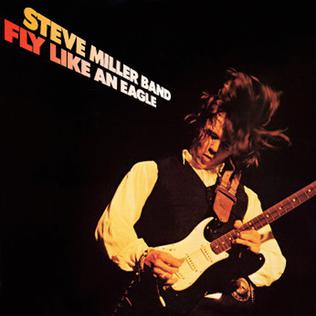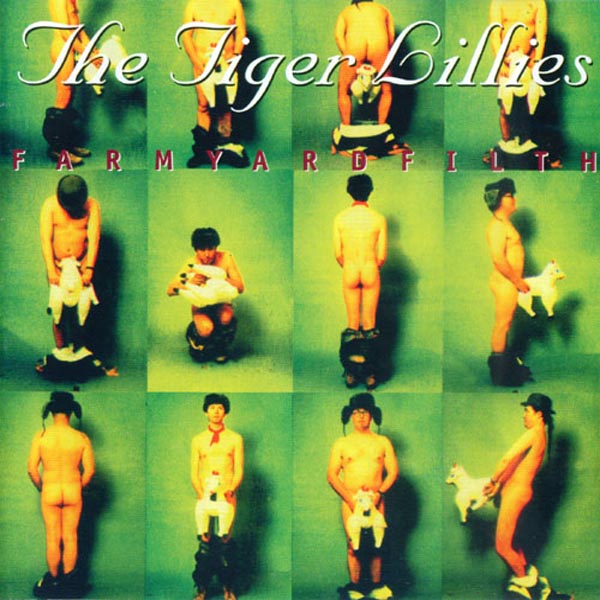Review by: Eric Pember
Album assigned by: Dominic Linde
This album is very much old-school indie rock, in the good way.
While old-school indie rock is generally middle of the road sounding, it nevertheless is at the core of my musical DNA. In fact, it actually is part my DNA more than the kind of indie music that is usually popular these days, despite me being of the age where I should prefer the latter to the former, but that’s a discussion for another time.
Consequently, this was a very pleasing listen for me. I did detect a sort of hooklessness, although that could well remedy itself with additional listens. After all, I didn’t get Yo La Tengo for the first couple of listens either. Regardless, it’s always nice to discover more music of this type.
Apparently, one of the members in this band played with the Black Rebel Motorcycle Club, which might explain the hooklessness, because I detected a hooklessness in Howl too. However, this sounds a good deal more sonically interesting than Howl did to me. I’m aware intellectually it’s not THAT much more sonically interesting, but again, this sort of indie rock guitar sound really speaks to me beyond the level of common sense.
I also really dug the last track, since I dig long jams in general, particularly long rock jams.
I’ll definitely revisit this album at some point in the future. For now, I think I’d rather get to some more of this band’s better contemporaries, since I haven’t listened to enough of them yet.









:format(jpeg):mode_rgb():quality(40)/discogs-images/R-945206-1399924880-8793.jpeg.jpg)










